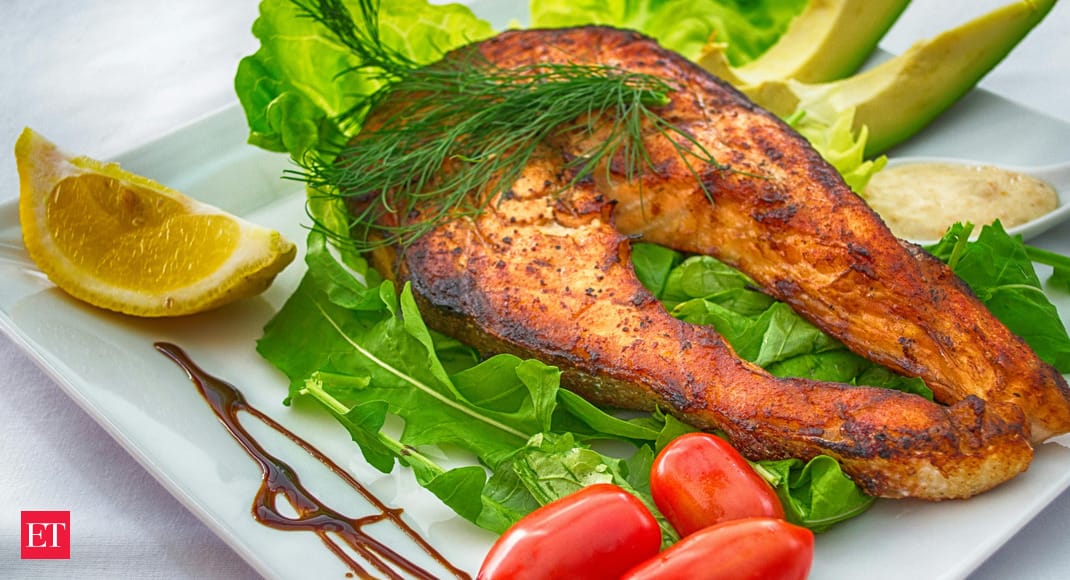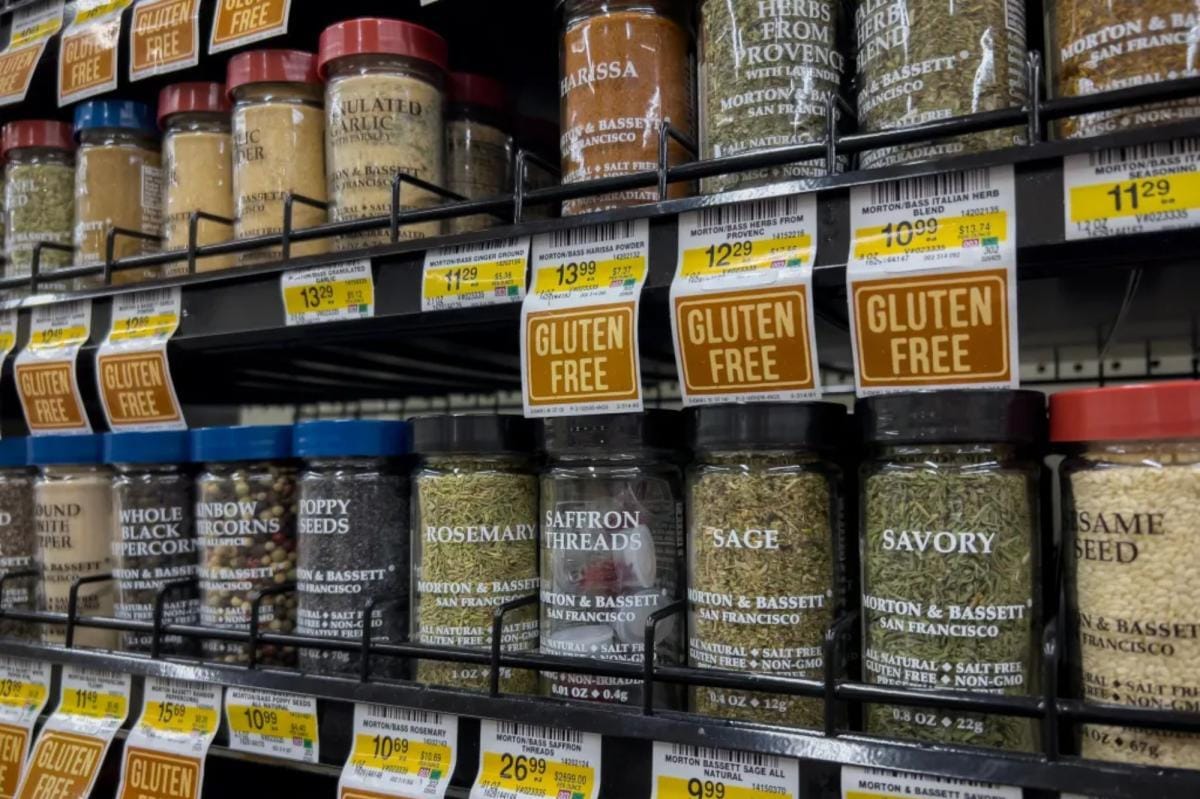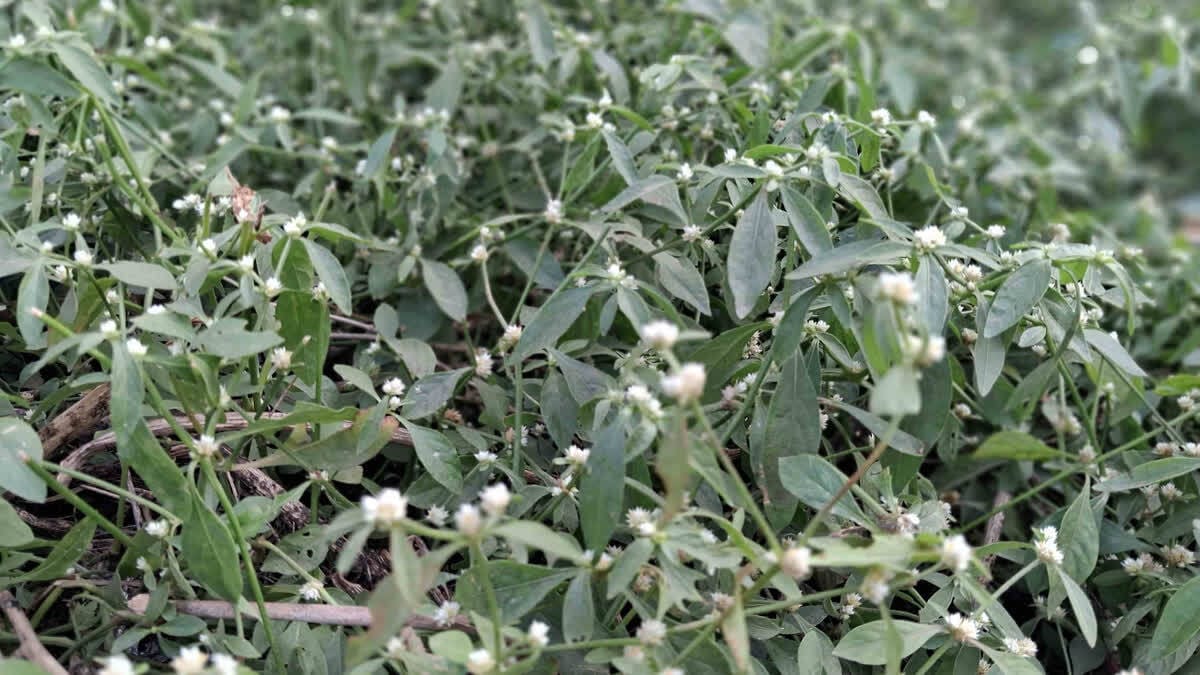- EARTH TO AILMENT
- Posts
- Earth To Ailment
Earth To Ailment


The Thai Food and Drug Administration (FDA) has issued a health warning following the discovery of contamination in a batch of Hong Thai Herbal Inhalers, specifically Formula 2. Laboratory tests revealed that the inhalers exceeded safety limits for microbial content, including harmful bacteria.
As a precaution, the manufacturer, Thai Herbal Hong Thai, is recalling 200,000 units from Lot 000332, produced in December 2024 and set to expire in December 2027. The move comes after the FDA deemed it necessary to inform the public for consumer safety, emphasizing the importance of quality standards in herbal products.
With plans for potential legal actions against the responsible parties, the FDA is urging consumers to stay vigilant when purchasing these inhalers. This incident serves as a reminder to check product quality before use, ensuring health and safety remain a top priority.

Gif by jaumevich on Giphy

Looking to boost your heart health? Dr. Kunal Sood has some tasty advice: incorporate fatty fish into your diet! Rich in omega-3 fatty acids like EPA and DHA, varieties such as salmon, sardines, and mackerel can significantly enhance heart function and combat inflammation.
These omega-3s not only support your cardiovascular system but can also lower blood pressure and improve blood flow, making your arteries healthier and more flexible. While supplements exist, real food sources offer a richer balance of nutrients and more pronounced benefits.
Aim for two to three servings per week to help reduce the risk of heart disease.

Saffron, the vibrant spice often featured in dishes like paella, is gaining attention for its remarkable mental and sexual health benefits. According to Dr.
Daniel Amen, a psychiatrist, saffron may serve as a natural antidepressant, potentially as effective as traditional medications without compromising sexual function. Recent studies reveal that a daily dose of 30 milligrams can significantly alleviate depression symptoms, while also improving memory and focus.
Furthermore, it may provide relief from premenstrual syndrome (PMS). Dr.
Amen emphasizes the importance of considering saffron, especially for those seeking to enhance the effects of antidepressants with natural supplements like zinc and curcumins. While saffron's culinary use may not deliver therapeutic doses, supplements are readily available—just be sure to consult a doctor before starting.
With its potential benefits, saffron could be your new ally in boosting mood and enhancing well-being.


In Madhya Pradesh, the age-old wisdom of tribal herbal remedies is gaining recognition in the fight against cancer. Researchers from Bhopal's Pandit Khushilal Sharma Government Ayurveda College have begun trials on lesser-known plants used by local healers, revealing their potential healing properties.
One standout is Flemingia macrophylla, a three-leaf shrub traditionally used for ulcers, which has shown promise against blood and oral cancers in lab tests. Another herb, Ghamra (Tridax procumbens), accelerates wound healing, while Xanthium stumarium is on the radar for treating urinary diseases and paralysis.
Dr. Umesh Shukla, the institute's principal, highlights that they've identified 36 medicinal plants unique to tribal practices, now being scientifically validated.
With the collaboration of pharma labs, the goal is to document these findings and potentially integrate them into Ayurvedic medicine. This exciting intersection of tradition and science could pave the way for breakthrough treatments, showcasing the invaluable contributions of tribal knowledge to modern healthcare.

Cardamom, often hailed as the "king of spices," is celebrated not just for its culinary versatility in sweet and savory dishes, but also for its remarkable health benefits. This ancient spice, used since Greek times to ease digestion, boasts powerful antioxidant properties that can combat chronic inflammation linked to serious diseases like cancer and heart conditions.
Recent studies highlight cardamom’s ability to lower high blood pressure and improve oral health by targeting harmful bacteria related to gum disease. With its unique phytochemicals promoting better circulation and overall wellness, incorporating cardamom into your daily routine can also help reduce coffee cravings.

Herbal teas are not just soothing sips but can also have unexpected consequences when mixed with medications! According to dietitians, five herbal teas stand out for their potential interactions. Ashwagandha supports stress relief but may interfere with sedatives and diabetes meds.
Ginkgo biloba boosts circulation but could complicate blood thinner use. St.
John’s wort, often hailed for mood enhancement, can lessen birth control effectiveness and impact various medications. Goldenseal may lower the effectiveness of diabetes treatments, while chamomile could affect blood thinners and blood sugar levels.
While herbal teas are delicious and packed with antioxidants, it’s crucial to consult your healthcare provider before indulging, especially if you’re on medication.

Transform your home garden into an herbal tea paradise! Start by selecting a variety of flavorful and therapeutic herbs like chamomile, peppermint, lemon balm, and lavender that not only taste great but also offer health benefits. Aim to maintain a cozy temperature between 15–24°C (59–75°F) for optimal growth, and ensure your herbs get the right amount of sunlight—full sun for some, partial shade for others.
Use well-draining soil, blending potting mix, compost, and perlite for the perfect blend. Keep the soil moist but not soggy—some herbs like rosemary and lavender prefer it drier.
Regular pruning encourages lush growth, and harvesting in the morning promotes freshness.

Airborne supplements claim to boost your immune system against colds, but do they really work? While they contain ingredients like vitamin C, zinc, and echinacea, which may help shorten the duration of a cold, there's no strong evidence that they can prevent one. The supplement's genesis traces back to a former teacher in the ’90s, who believed in a natural blend to fend off infections.
Despite the hype and various tasty formulations (even for kids!), the science is murky at best. No Airborne product is FDA-approved, prompting scrutiny over their marketing claims, especially after a 2008 lawsuit for false advertising.
Though generally safe, Airborne should be used with caution, particularly for those who are pregnant, nursing, or have diabetes. Ultimately, incorporating standard cold prevention measures like handwashing remains essential, as no magic pill can guarantee immunity from the common cold.